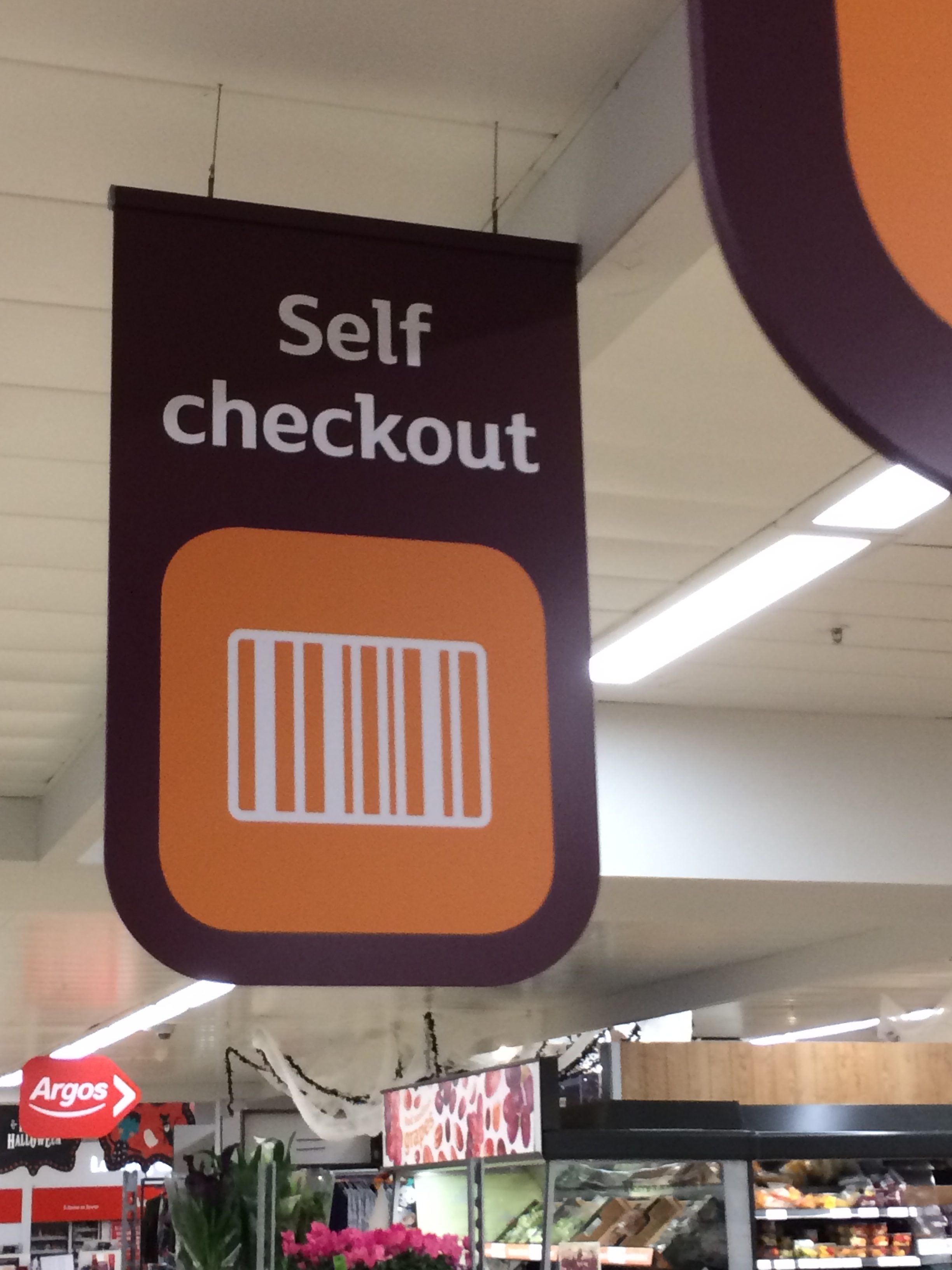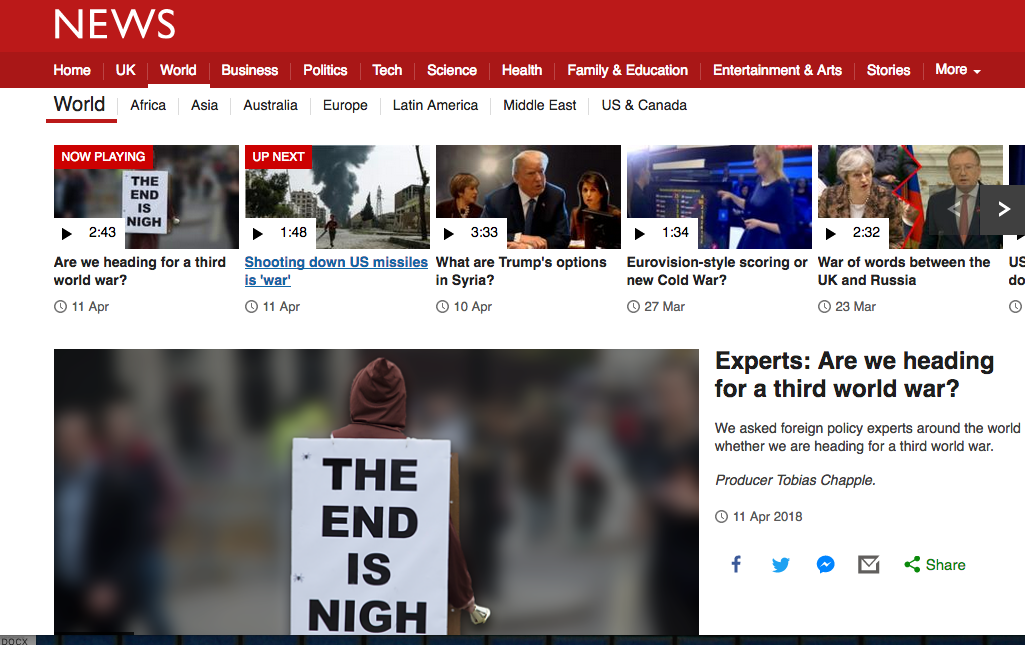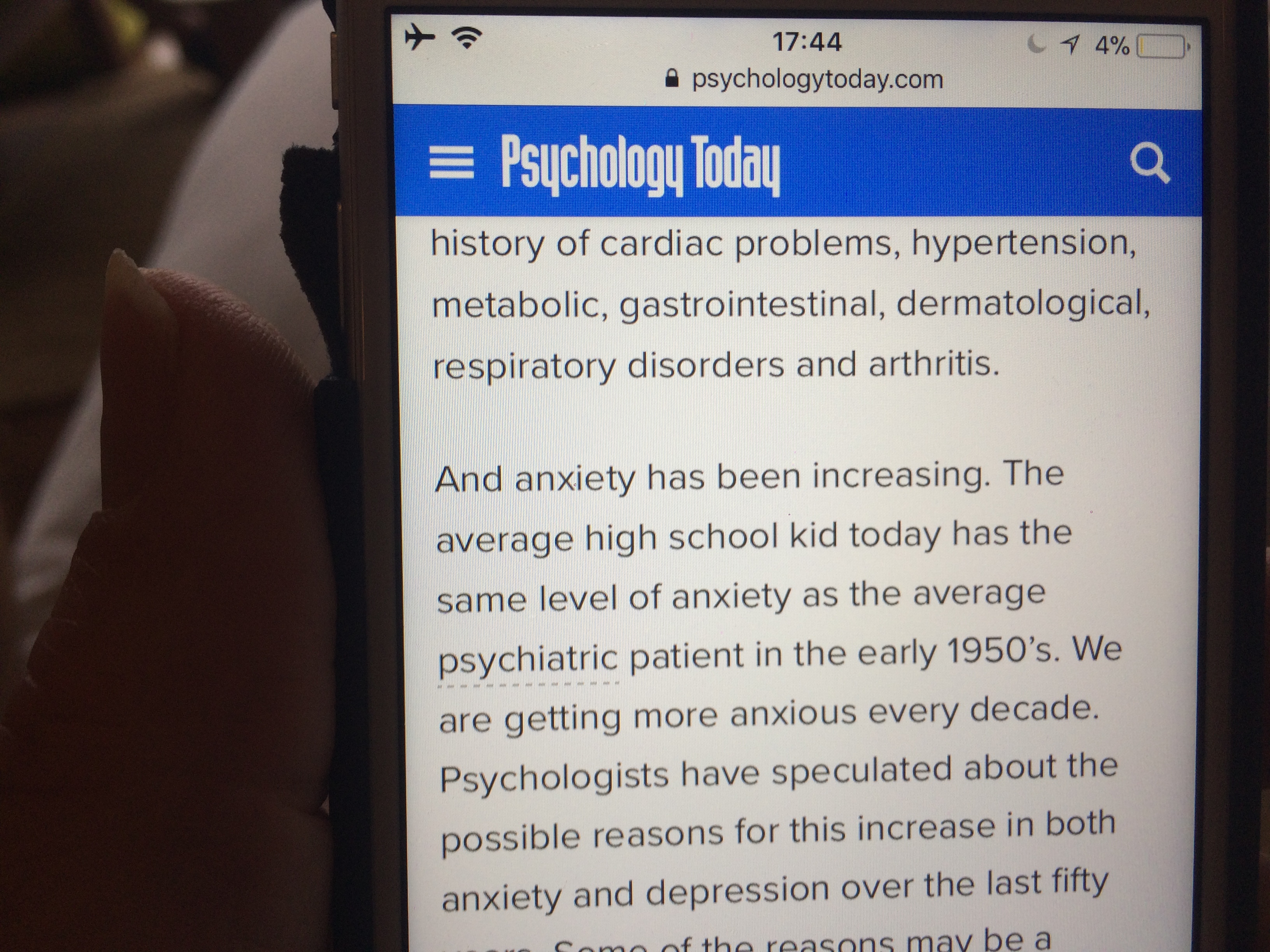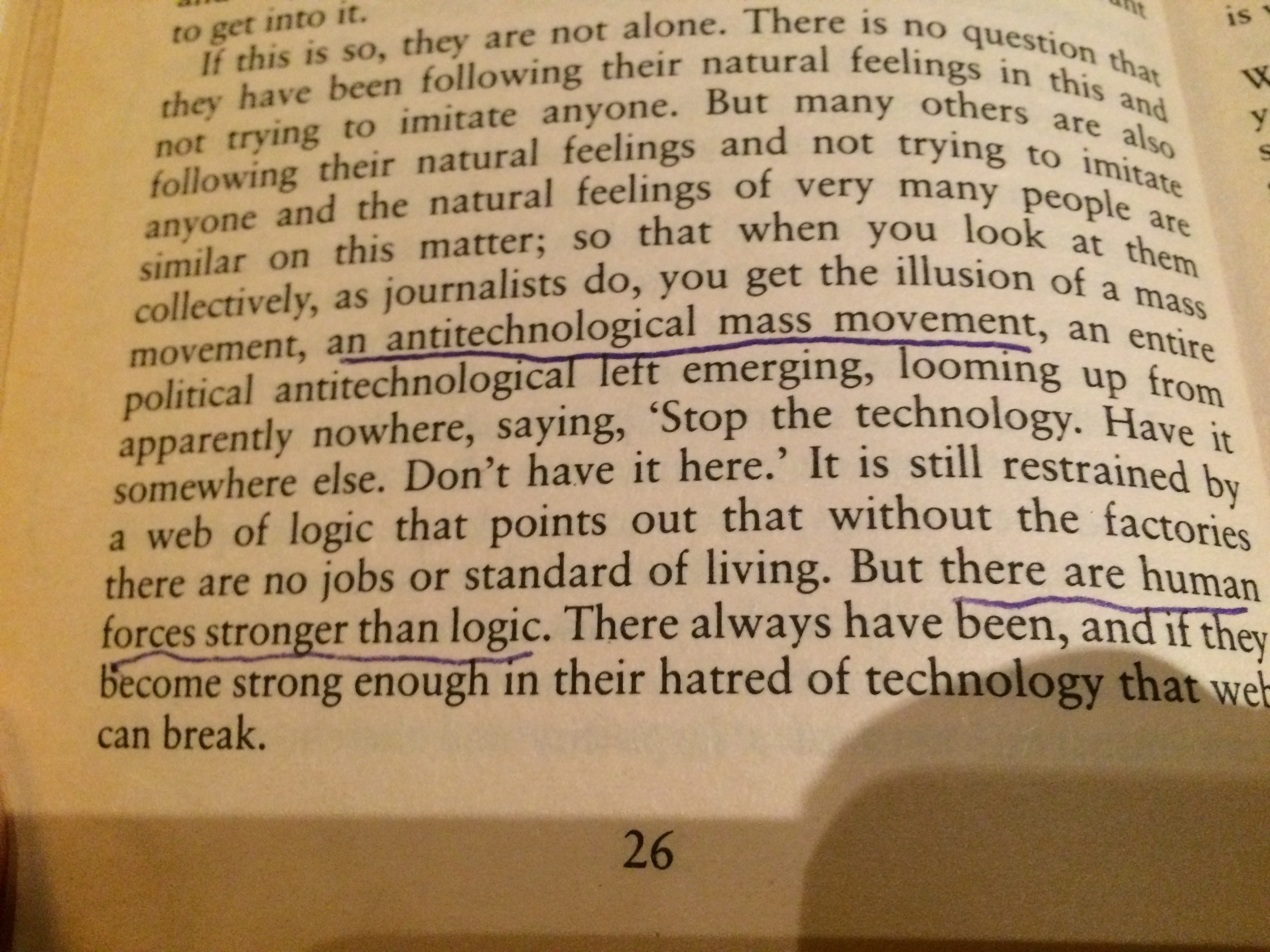There’s something interesting going on with the self and, like many good trends, it appears to be in conflict with itself. On the one hand we take offence so easily nowadays. We are so easily offended by something said or done by people we don’t even know. On the other hand we say or do things that offend other people and when this blows up in our face they can’t see what all the fuss is about. Is it networked freedom of expression mixed with fragility caused by underlying anxiety caused by exposure to too much information? You tell me! Maybe throw in a bit of post-modernism and political corfectness into the mix too. I certainly don’t think that we are as mentally robust as we used to be and the culprit is most probably externally created and curated identies.
Author Archives: Richard
In the future everyone will be anonymous for 15-minutes
Digital Trust
Michael Wolf, writing in USA Today a few years ago, said that trust could be the next big thing. The theory goes that trust used to be what most individuals and institutions were selling. Trust was built up, consistently, over many years and once acquired, you had the ultimate scalable asset on your hands. Brands, in particular, traded upon this inteangible asset.
Nowadays most major brands have the opposite problem and so do many of our institutions. Nobody trusts them any longer. This is true of the entire financial services industry, all but a handful of politicians, most journalists, the police, the church, a number of scientists and just about any global multinational you care to mention. This lack of trust also applies to the global branding industry, which tries its best to create the illusion of trust for others, but most people don’t trust them either.
In theory, the internet should be able to solve this problem. Millions of online voices rate their satisfaction with just about everything that matters. But, as we saw with Amazon a while back, user reviews can be untrustworthy too. Many are written anonymously, sometimes by someone related to someone trying to sell something, and even when not there’s a tendency to write negative comments more than positive ones. Fake News and the recent Facebook debarkle haven’t helped much either.
So what’s to be done? On one hand it’s a serious crisis of confidence in both capitalism and democracy. On the other hand, perhaps we are missing the power of feedback loops and cycles. If and when something tips too far in one direction, this creates an opportunity for someone, or something, to move off in the other direction.
Perhaps someone will eventually devise a way of getting everyone on the planet to rate everything – a global reputation index if you like. If someone refuses to take part this will indicate they have something serious to hide. But surely this is a new form of sanctimonious conformity? No. What we need here is not more information, but less. Information is the problem, not the solution. There is too much of it to analyse properly and we no longer trust anyone to filter or analyse anything for us.
Enough already
Seems the BBC is now acting like a tabloid newspaper. How about a bit of proper context and analysis. Enough of this scaremongering. Yes it’s a concern that the US and Russia are led by ultra-nationalists and there are far too many actors on the world stage. And yes there are too many things happening at once.A major miscalulation is possible. But Putin isn’t stupid. All he wants is his old sphere of influence back. Maybe a buffer against the US and NATO too.
This is a bit of a jump, but expect to see ultra-nostalgia kick off anytime soon. Comfort foods, comfort films, comfort TV, comfort decor. It’s back to the future folks. As I said in one of my books, in the future the past is always present. Never truer than right now.
Out of the pool thinking
Have you ever noticed how adults in infinity pools tend to swim over to the drop-off with the view and look at whatever is beyond? No? Me neither, but I’ve been beside a couple of swimming pools recently and I noticed it. The better the view the more this tends to happen. But why does this happen and why don’t more people notice it happening? I think the answer to the second question is that when you are beside a pool in a hotel you are more relaxed and hence more perceptive. Your mind is on holiday and apt to wander.
The answer to the first question might be that we are drawn to views, partly out of curiosity to see what lies beyond and partly because expansive views elevate our thinking.
Consider the opposite point of view. You are at work, in a basement lit by florescent lighting. The space is enclosed, sterile, oppressive. How can you possibly think ‘outside the box’ if you are sitting in one?
…that’s a better pool…
An Age of Anxiety
Zen and the art of motorcycle maintenance
I’ve been in Bangkok for a while and for no conscious reason decided to take along an old copy of Zen and the art of motorcycle maintenance, which rather charmingly has a paper till receipt inside dated the 10th March 1993 (it’s hard to even read this now it’s so faded). This is certainly when I bought the book, although whether I actually read it then is debateable. Anyway, it’s a really great book and if you’ve not read it you should.
The above is from the opening pages and remember this was written in 1974. There’s also a lovely bit about romantic versus classical thinking, which partly explains Brexit (OK, I may be stretching this way too far). The romantic model is also about feelings and may possibly explain why identity and nostalgia can trump econimics. The classic model is all about rational arguments about measurement, money, GDP and money. One can be proven, the other cannot and the two cannot be resolved.
Quote of the Week
Is Facebook like a disease?
I knew I’d read something else rather relevant to the whole Facebook fiasco – the thought that the decline of Facebook could act like the spread of a virus (the explosion of inactive or deleted accounts being akin to the growth curve of a pandemic). Here’s the article in the Guardian newspaper from 2014:
https://www.theguardian.com/technology/2014/jan/22/facebook-princeton-researchers-infectious-disease
And here’s the study from Princeton (Epidemiological modeling of online social network dynamics) that the article quotes:
https://arxiv.org/pdf/1401.4208v1.pdf
From my archive… July 2012
At the heart of Facebook’s success is a deep and longstanding human desire to connect with other human beings. People like Facebook because it makes finding new friends, or looking up old ones, easy. It’s also a fast and convenient way to stay in touch and share everything from party invitations to baby photos.
Facebook also knows an extraordinary amount about the minutiae of its users’ lives, which is why it targets advertising so effectively. The sheer number of Facebook users and the time users spend on the site each day means Facebook has become a de facto homepage for many people.
But what might go wrong for Facebook in the future?
The first problem the company faces is operational: scaling up a small start-up into a giant corporation. Second is regulation, and this could be tricky. If Facebook continues to be successful it will, at some point, start to resemble a monopoly in the eyes of the US regulators and provoke an anti-trust case. It happened to Microsoft and it could easily happen to Google and/or Facebook.
The third problem is privacy. To date Facebook has been very clever about mapping the connections between people and what interests them and then selling this information to third parties. Much of the time Facebook users have little or no idea that this is happening and those that do know don’t seem to care. But this could change.
The network effects that made Facebook so large so fast could act in reverse if users start to feel exploited financially or no longer trust what is increasingly seen as a rather arrogant and potentially autistic company. As the company grows larger, there will be inevitable tensions between attracting users and getting them to part with their data. The company’s devotion to online openness, or lack of privacy, may cause problems in the real world.








